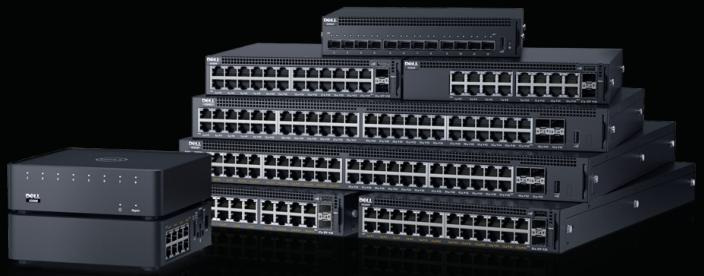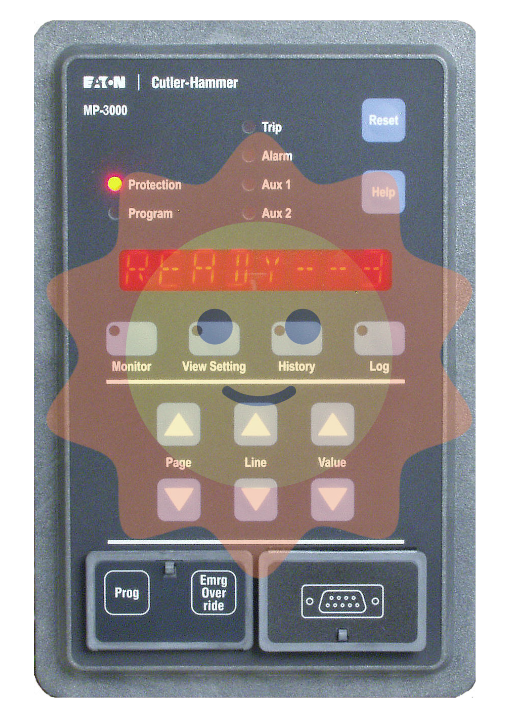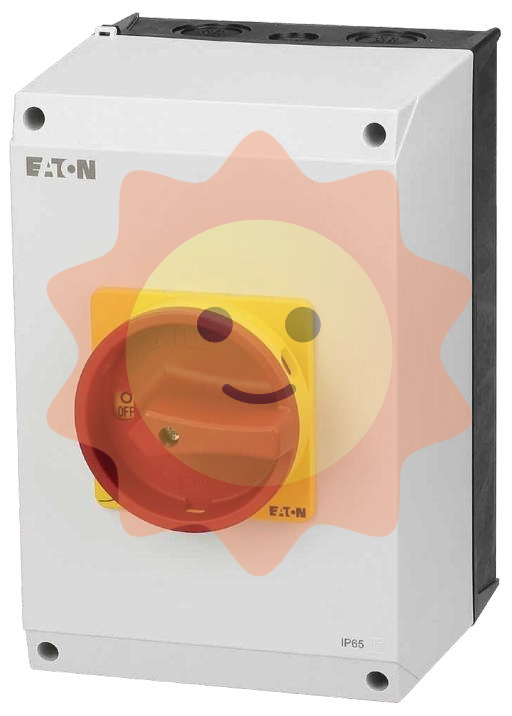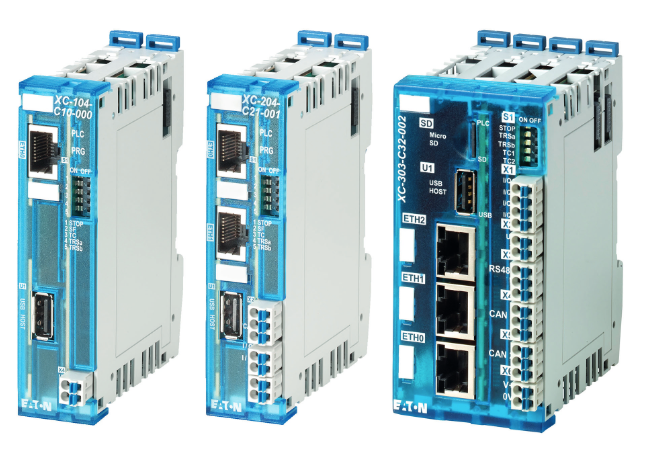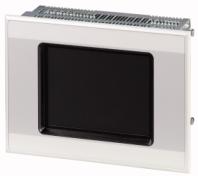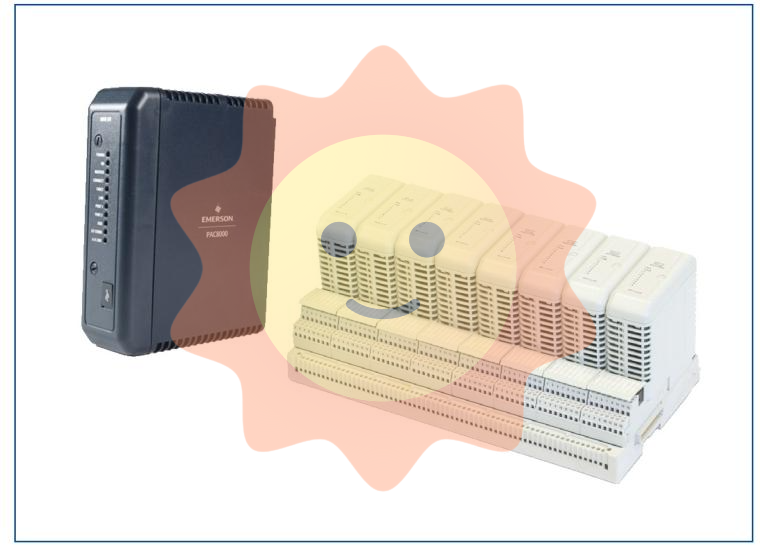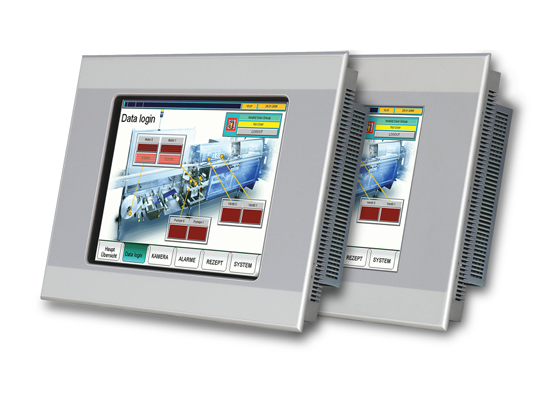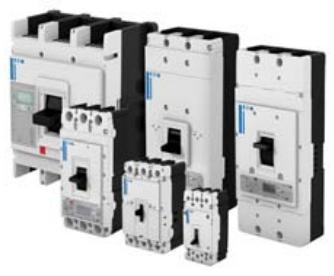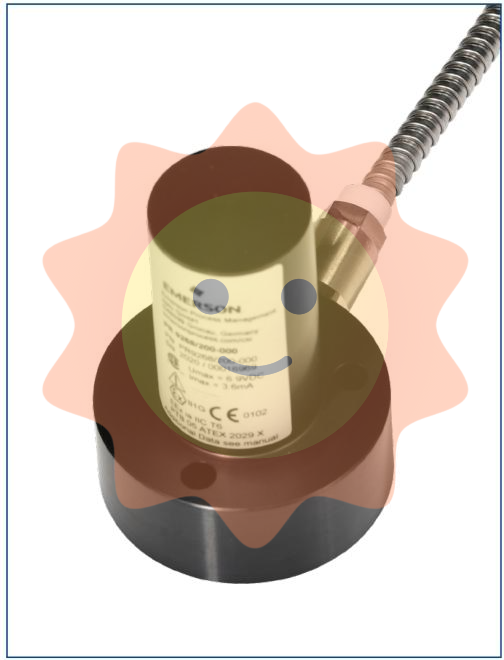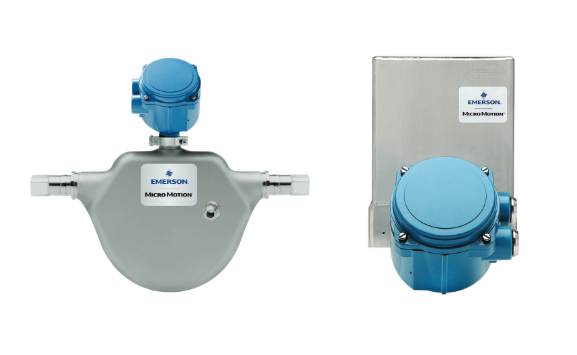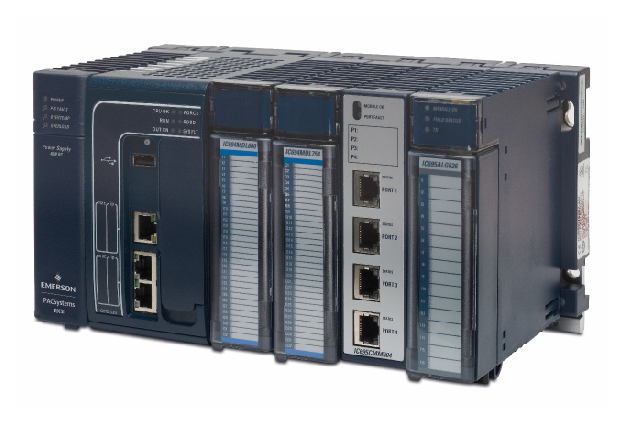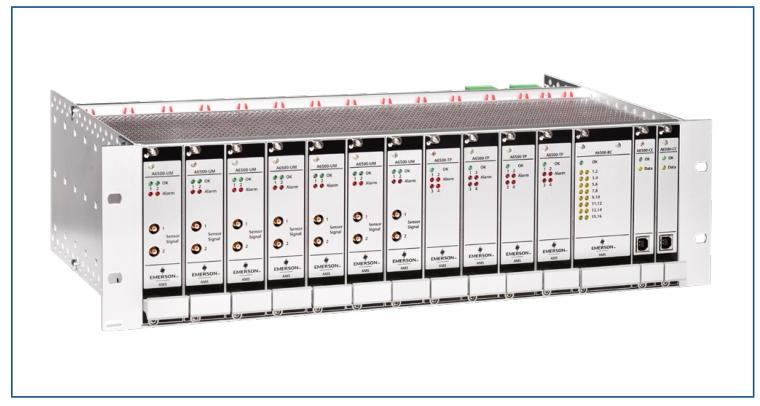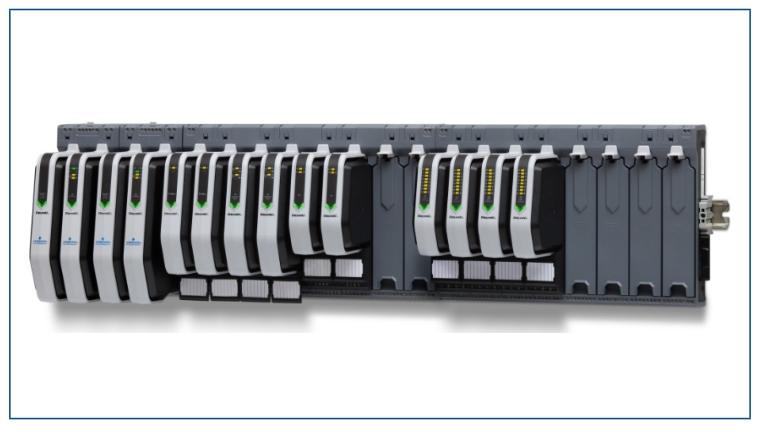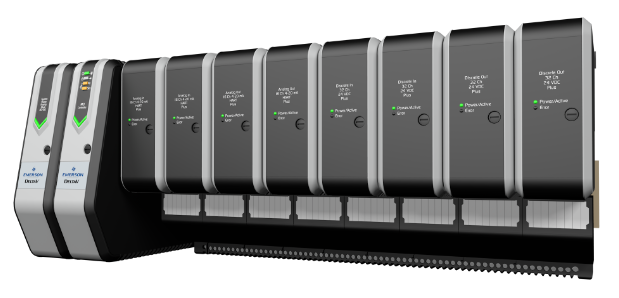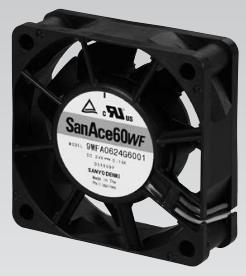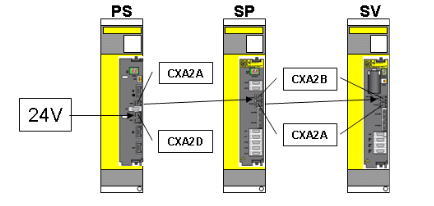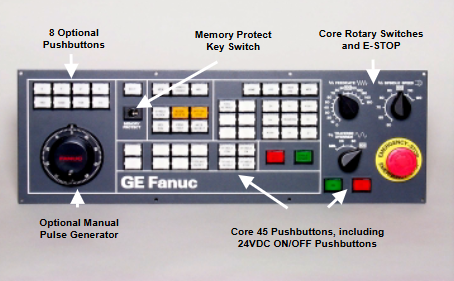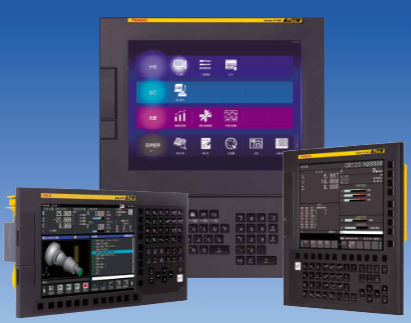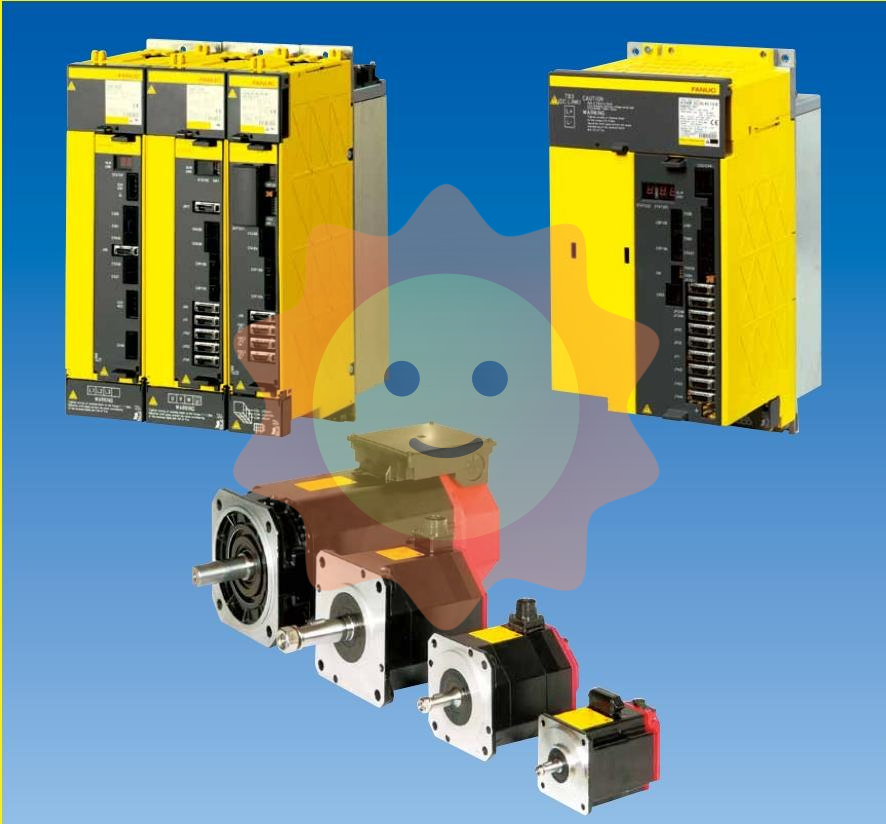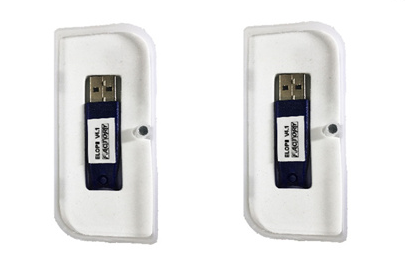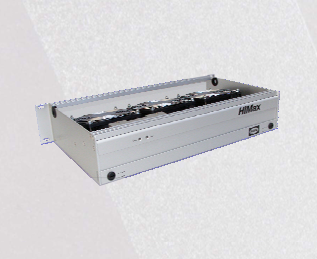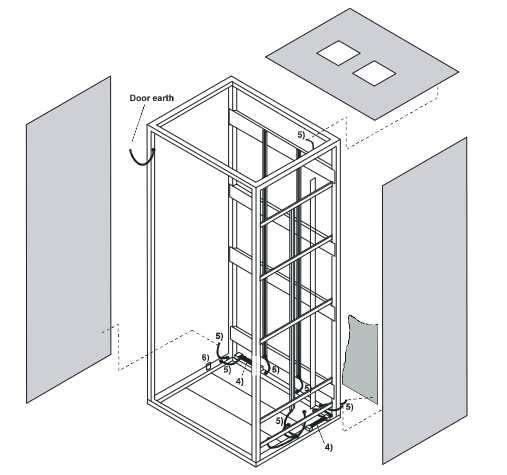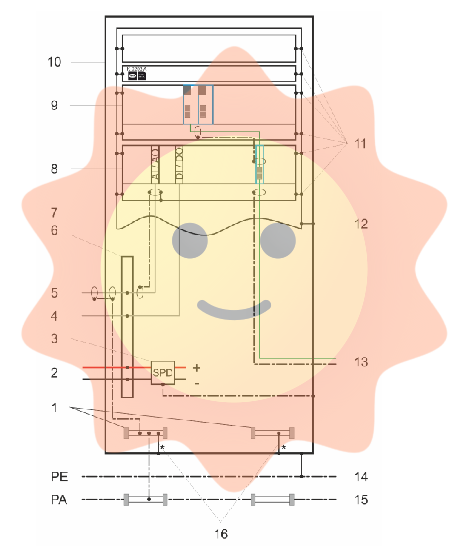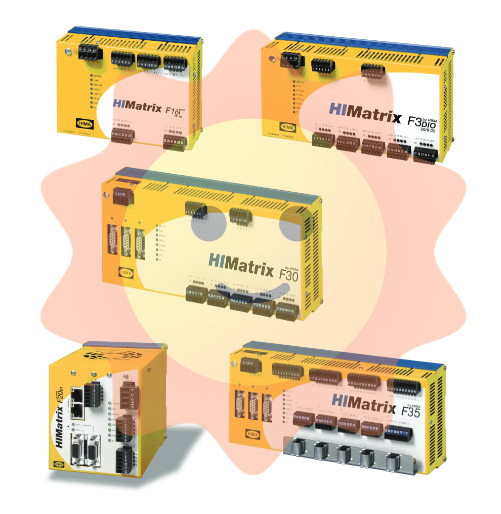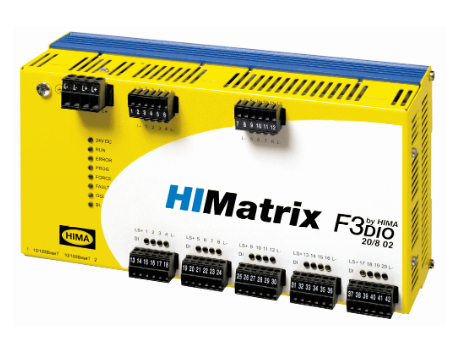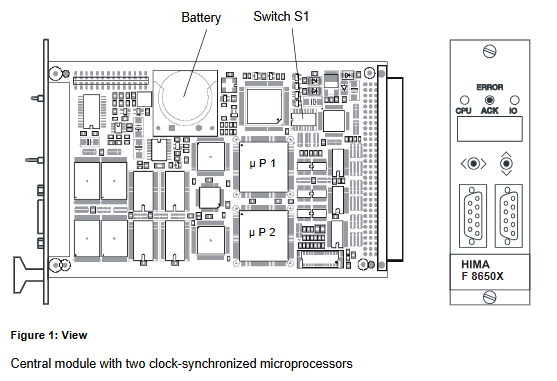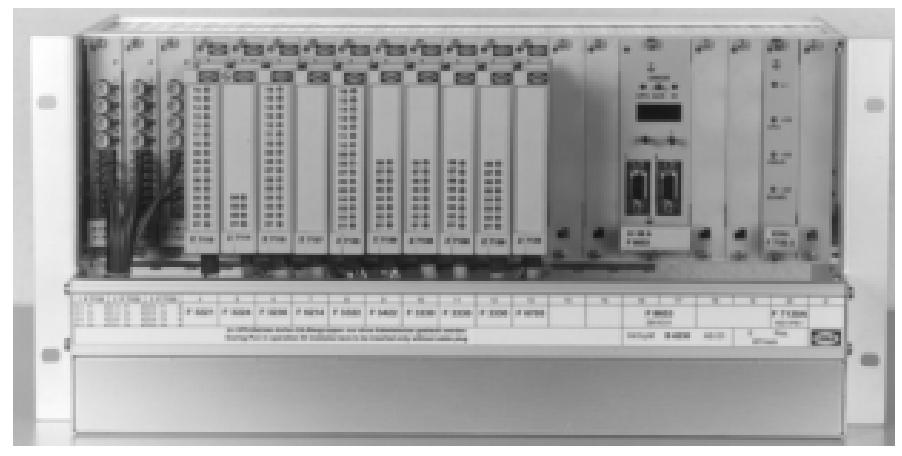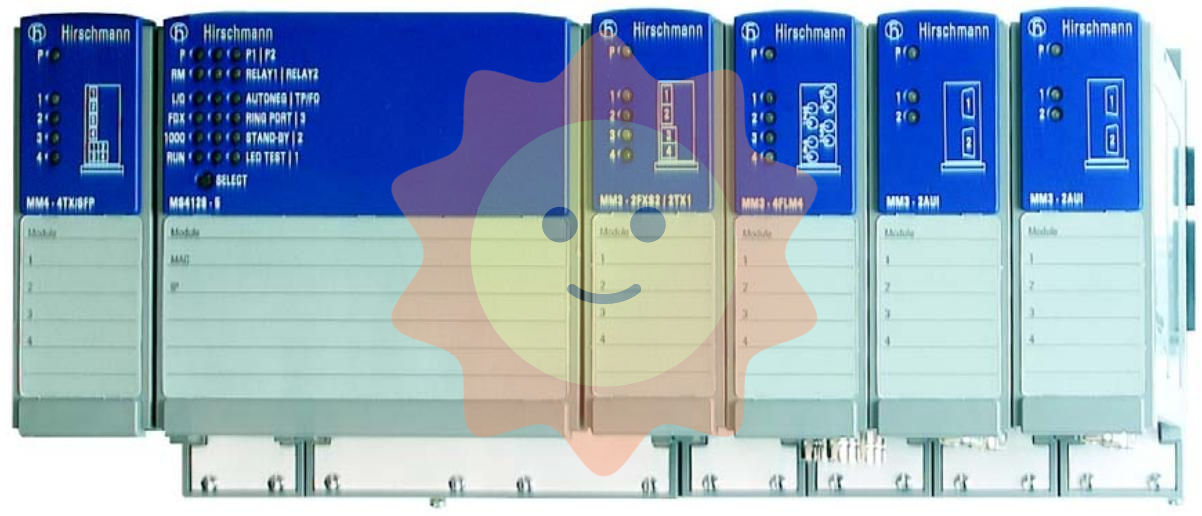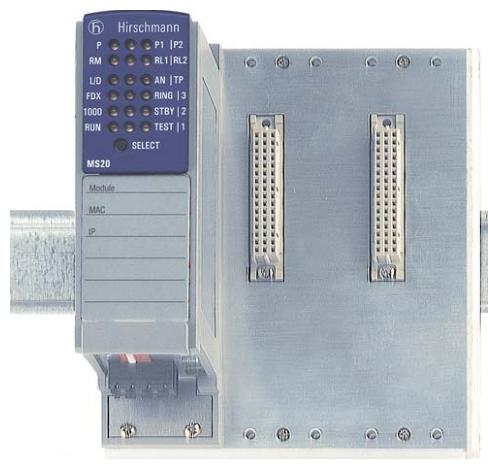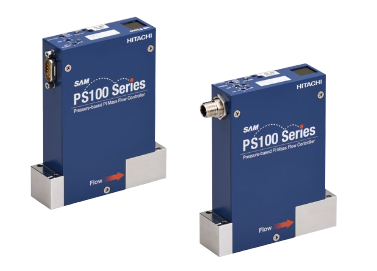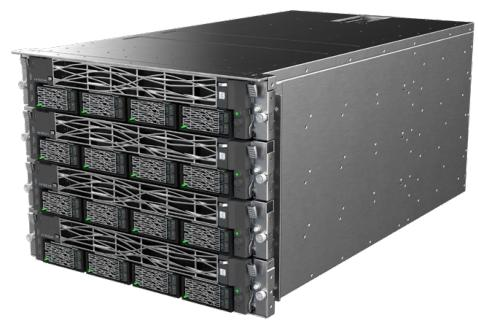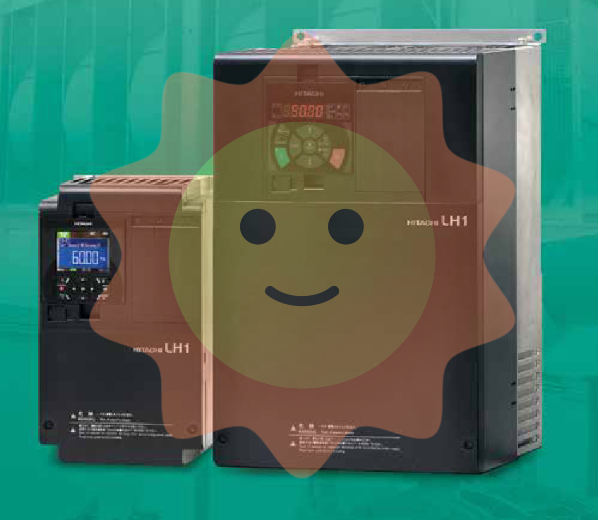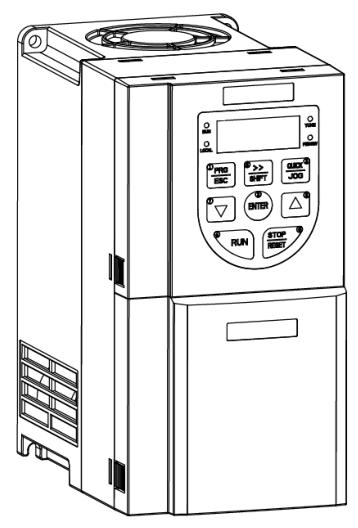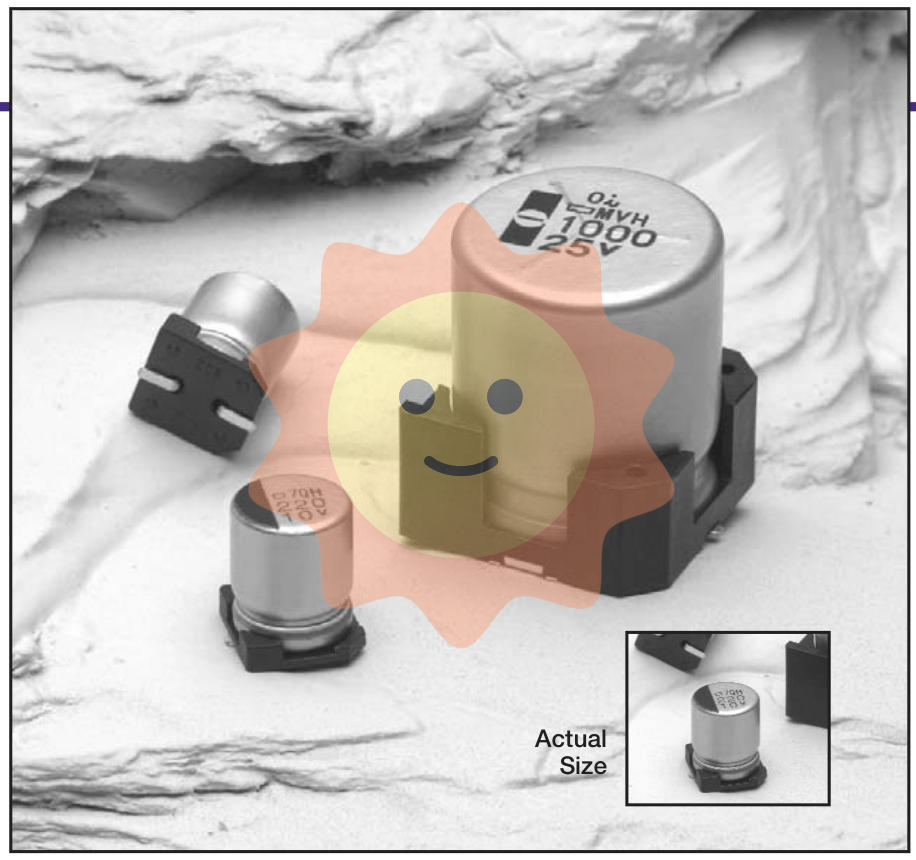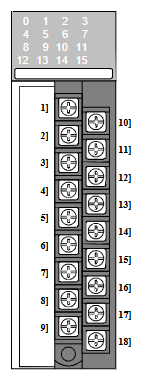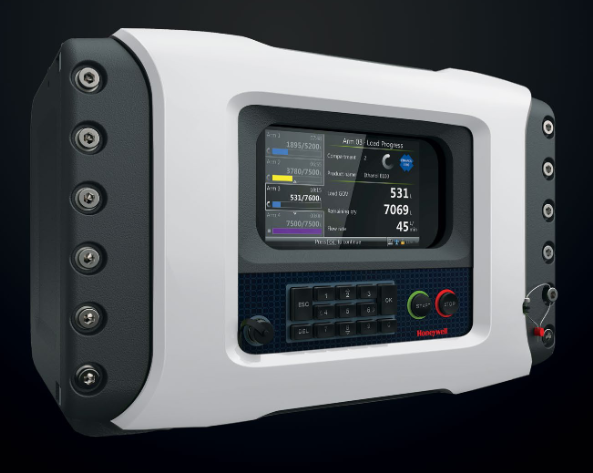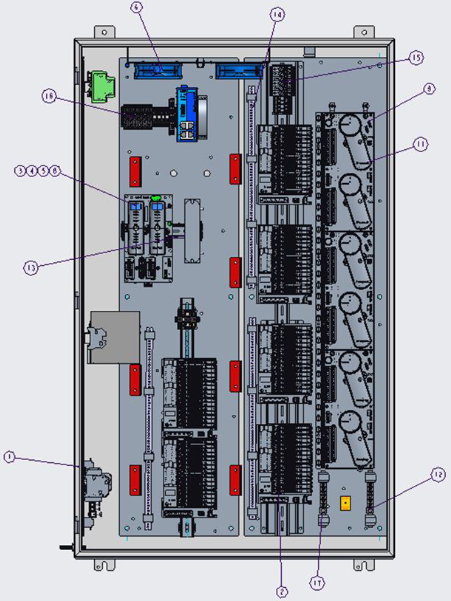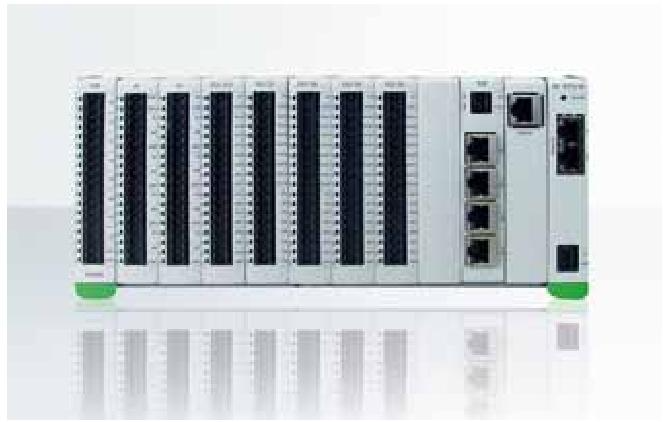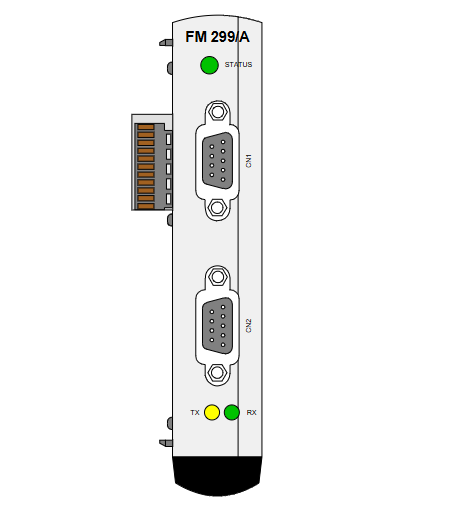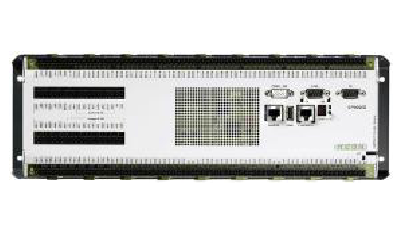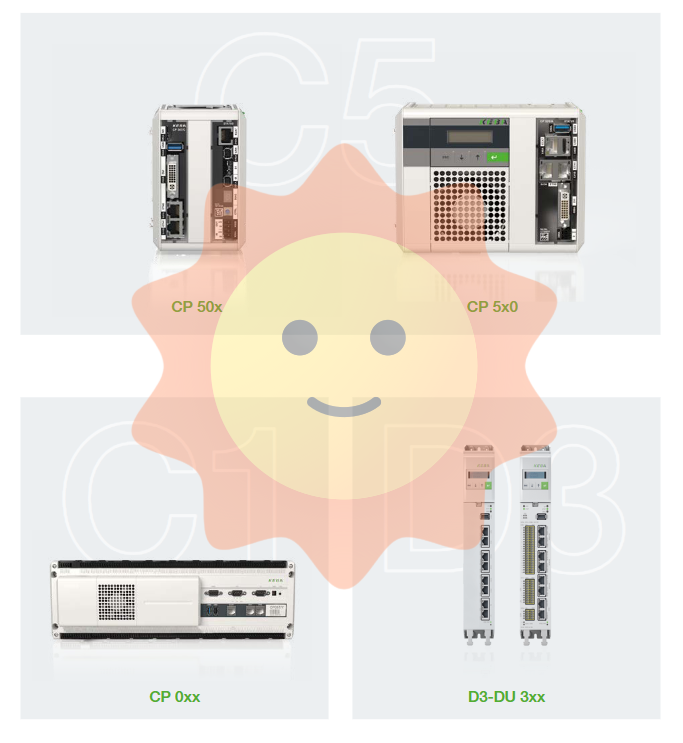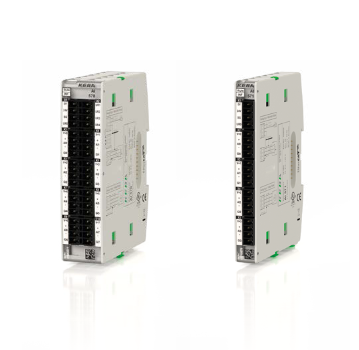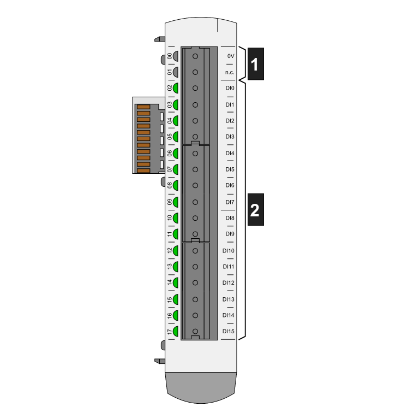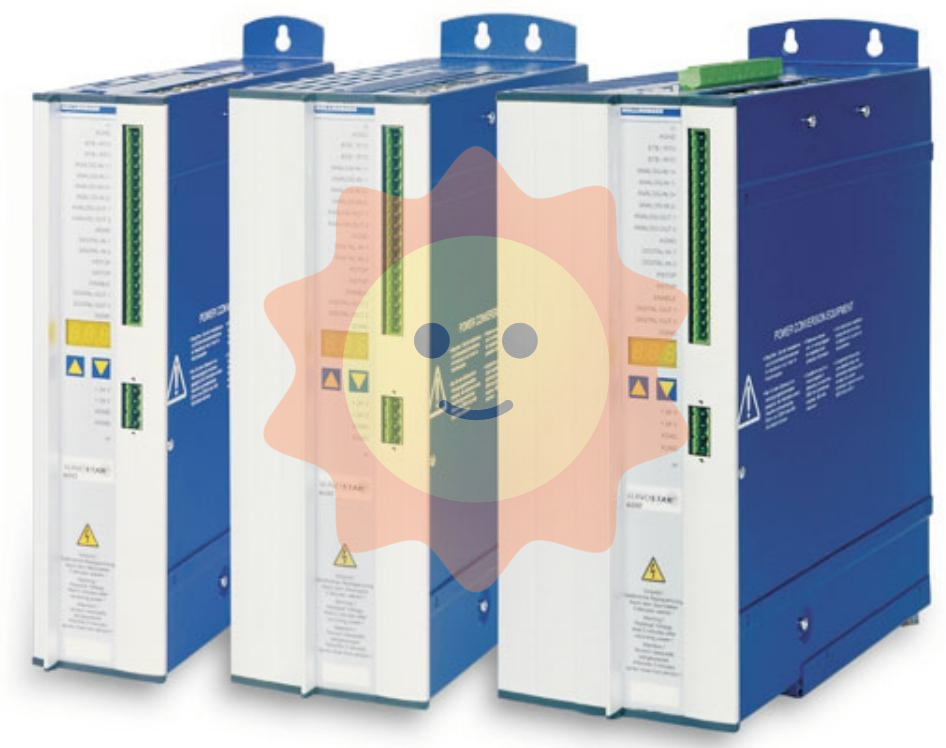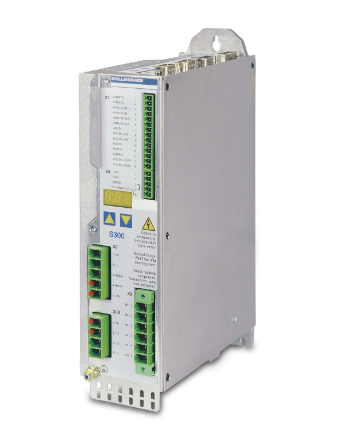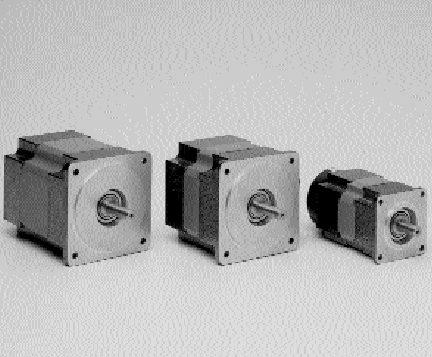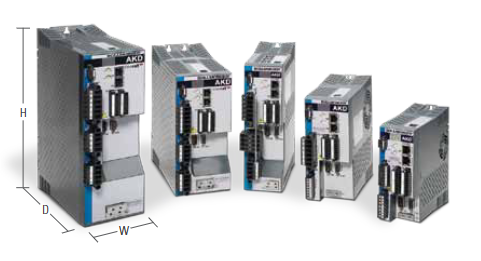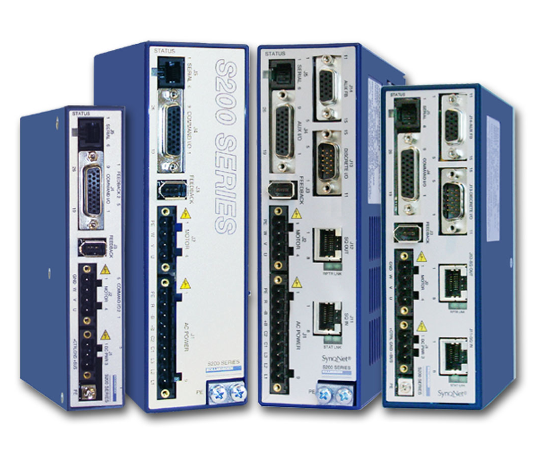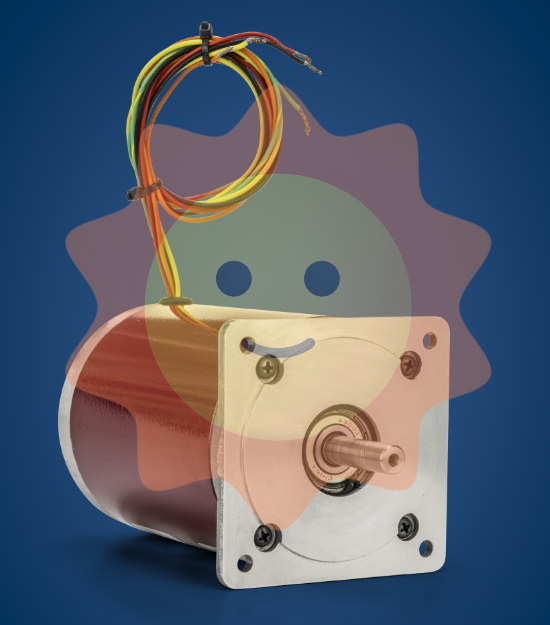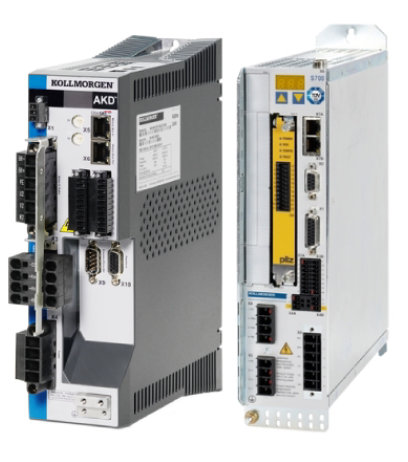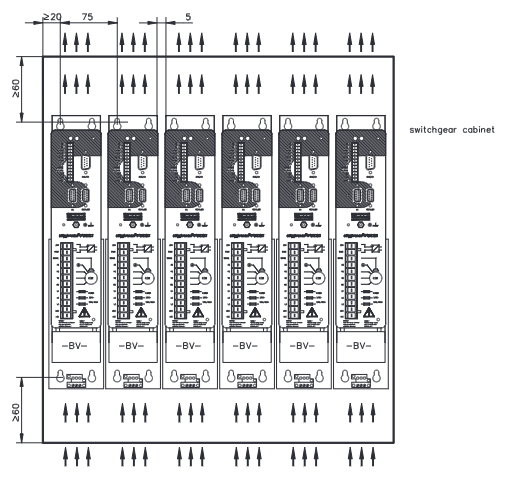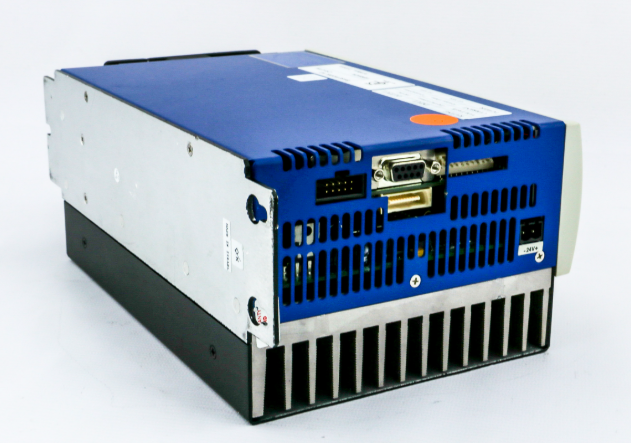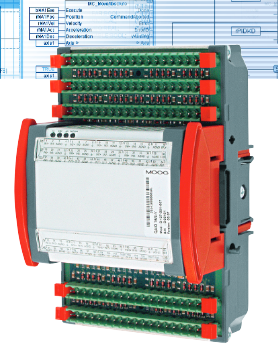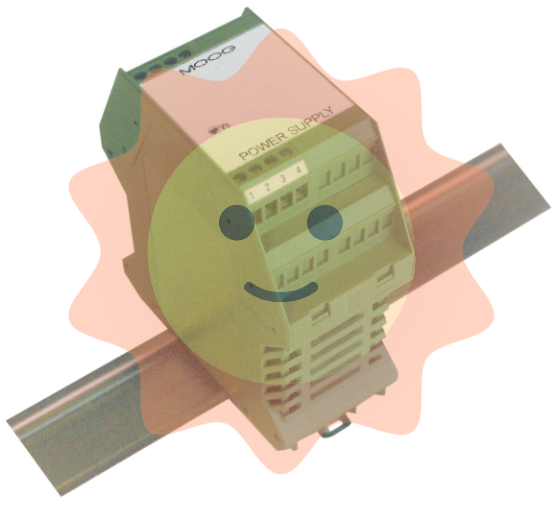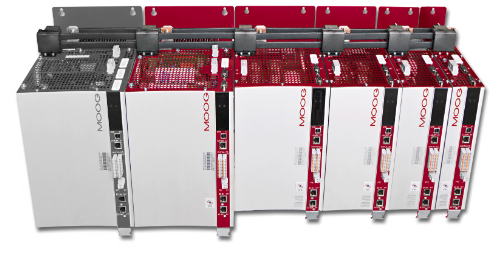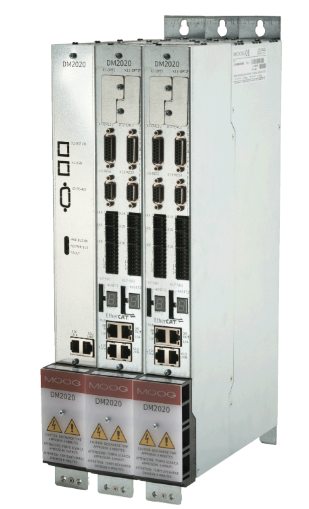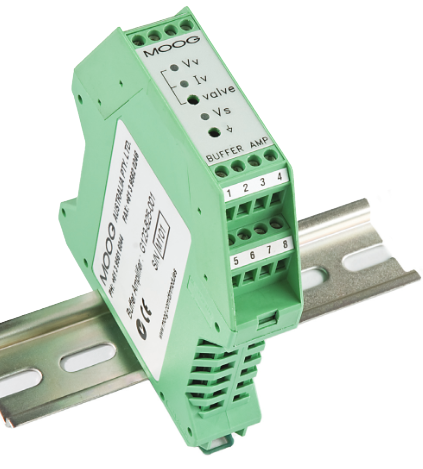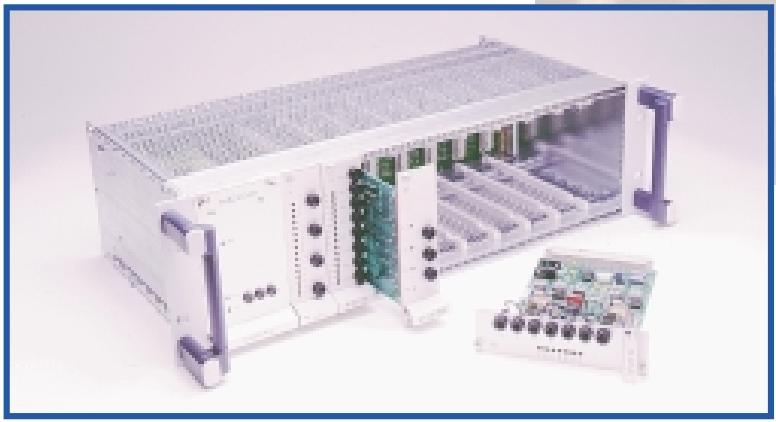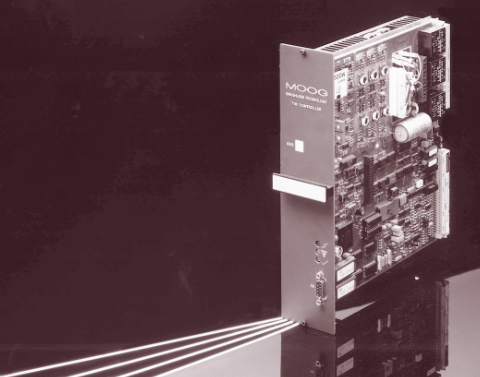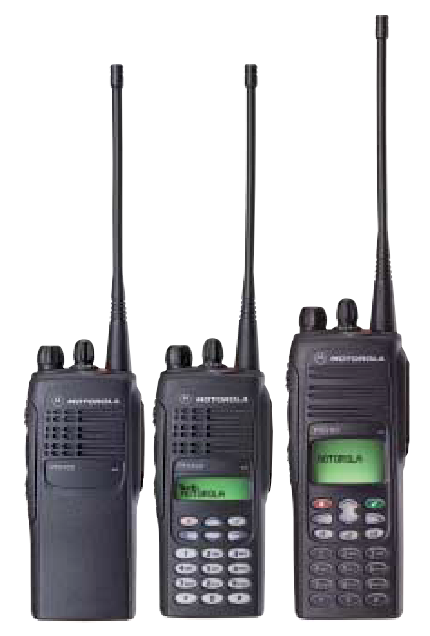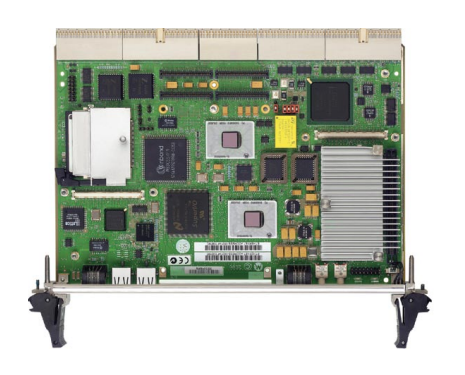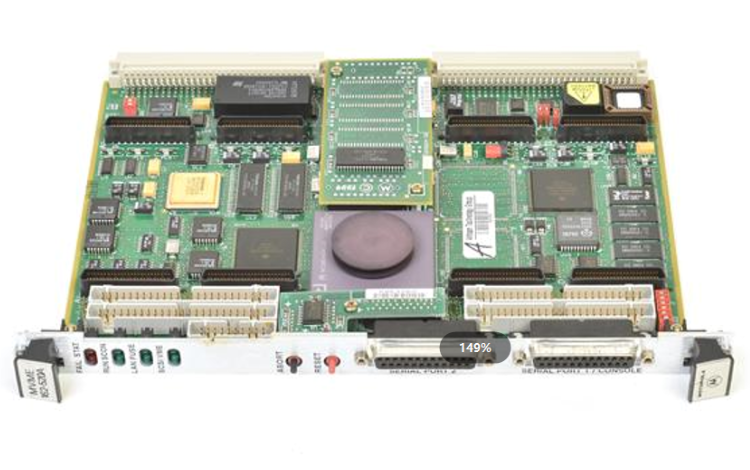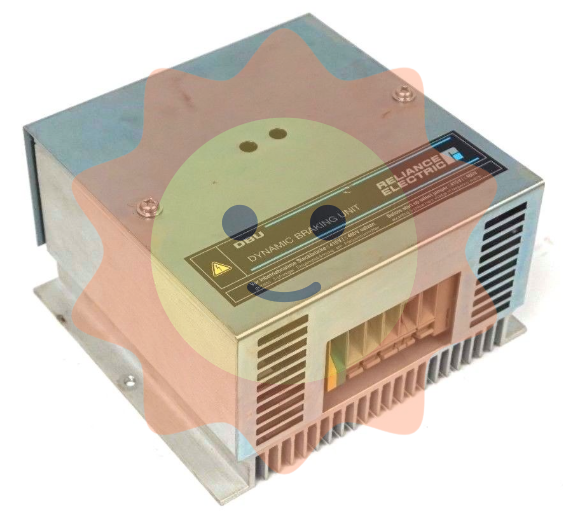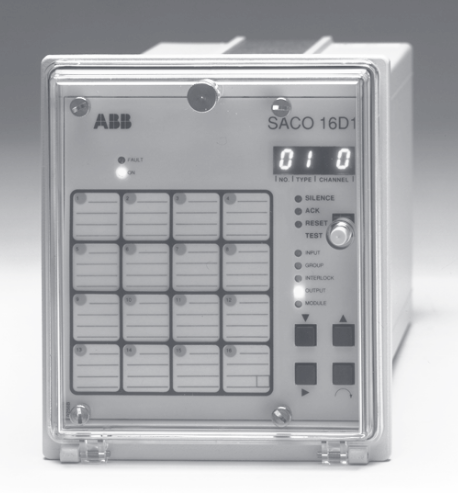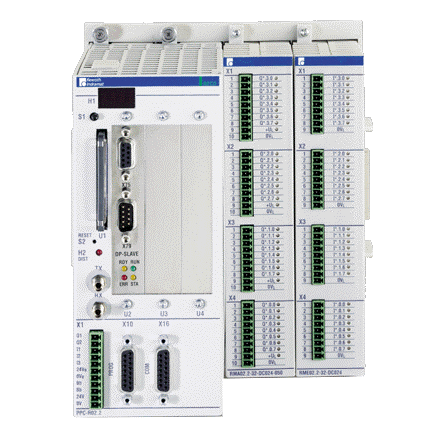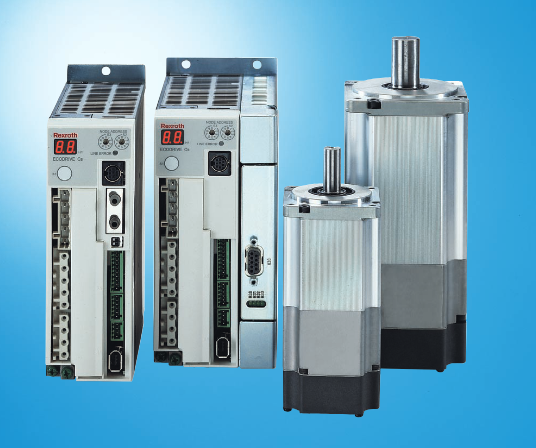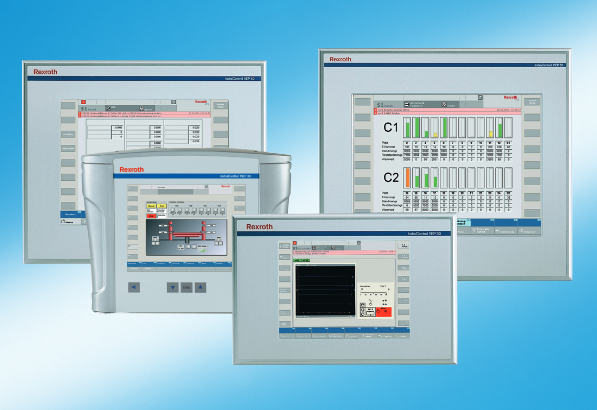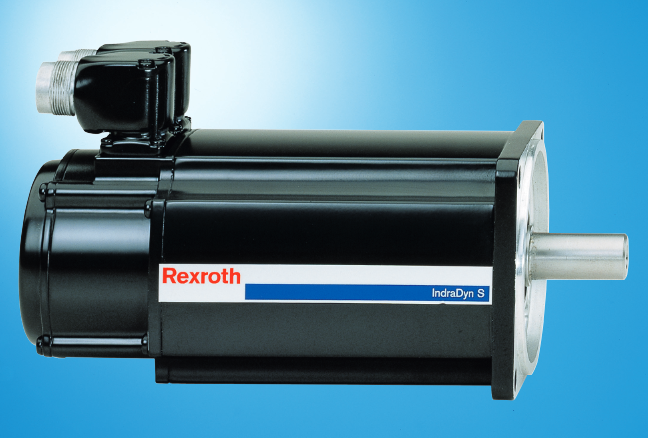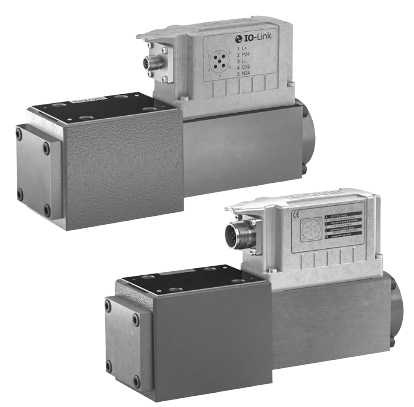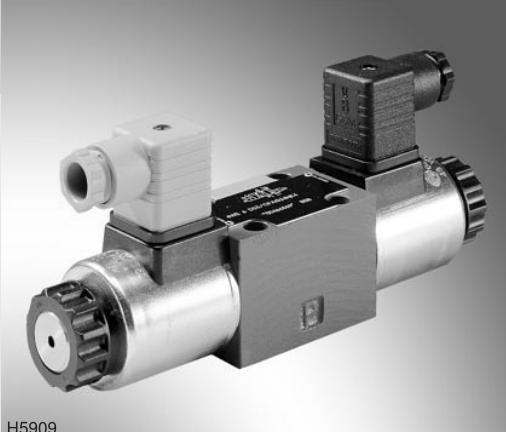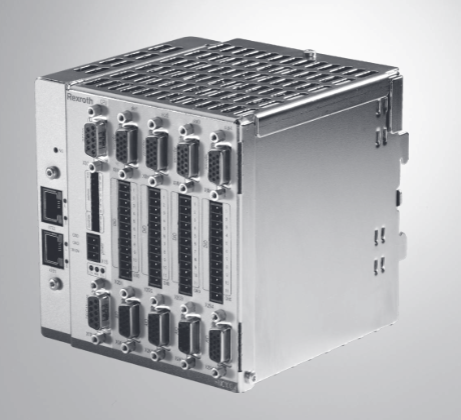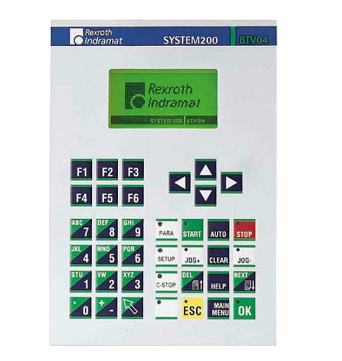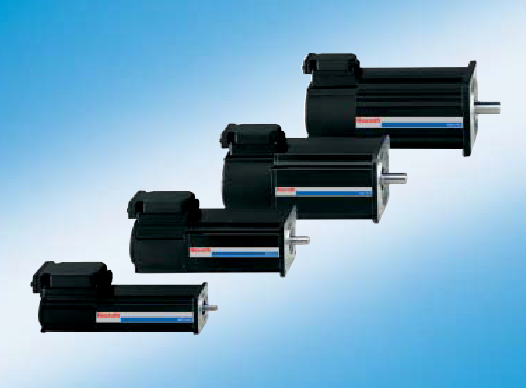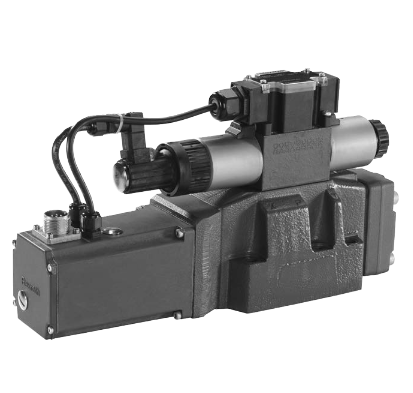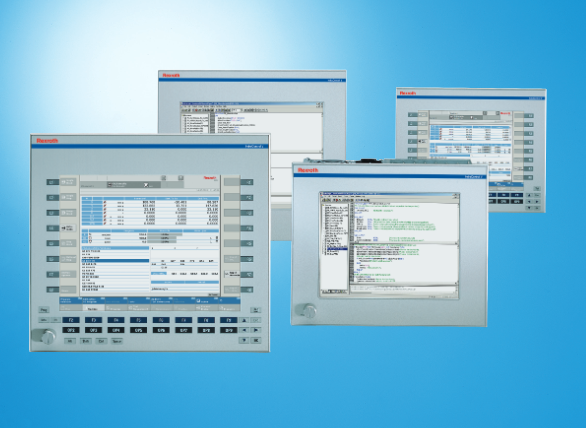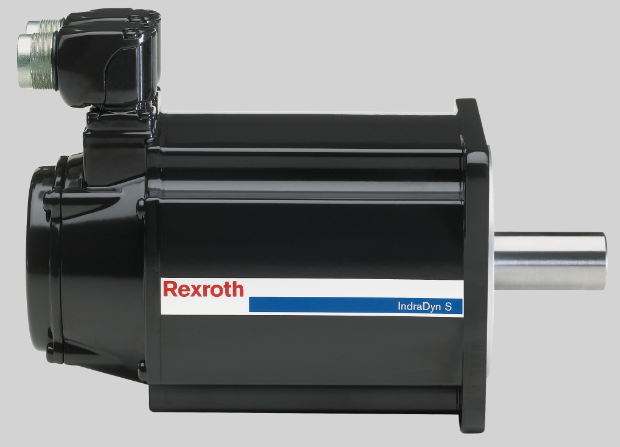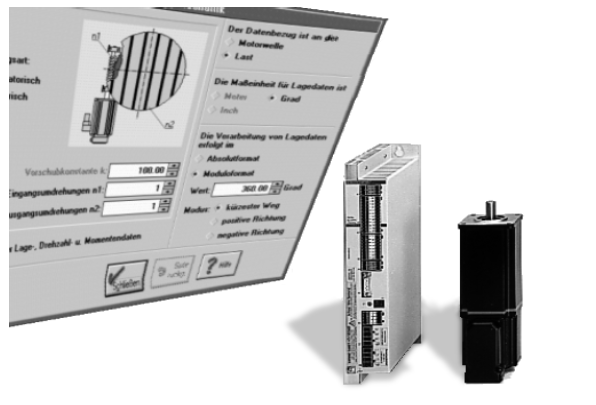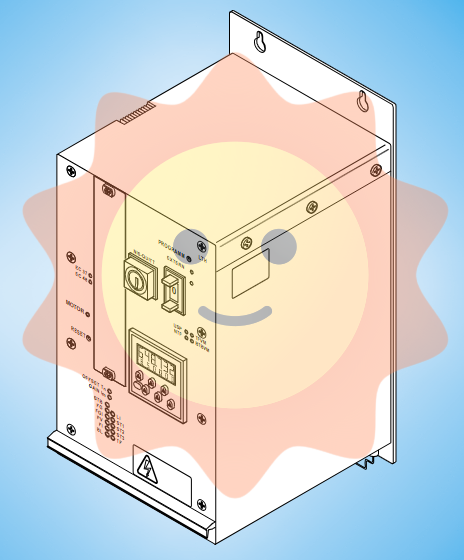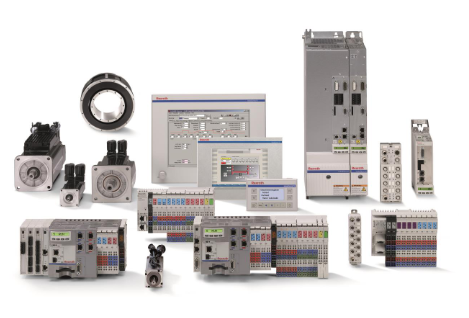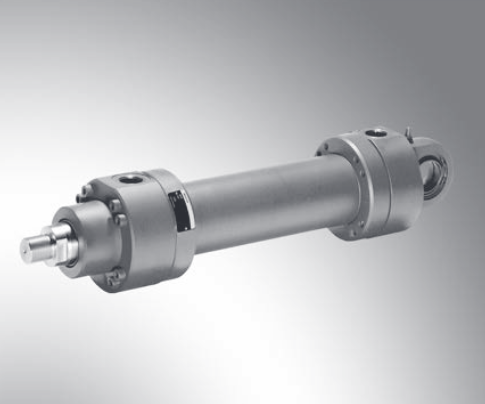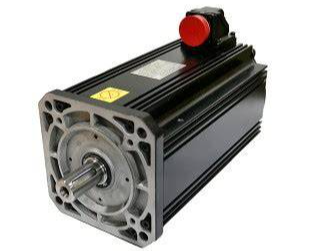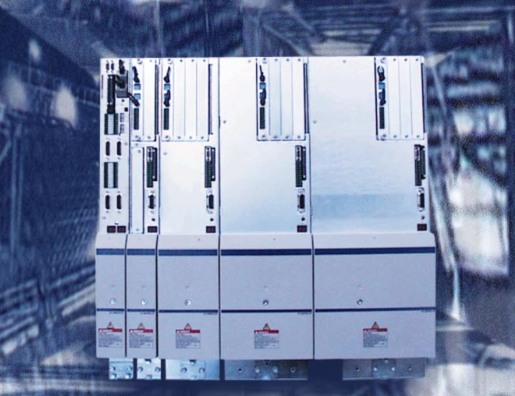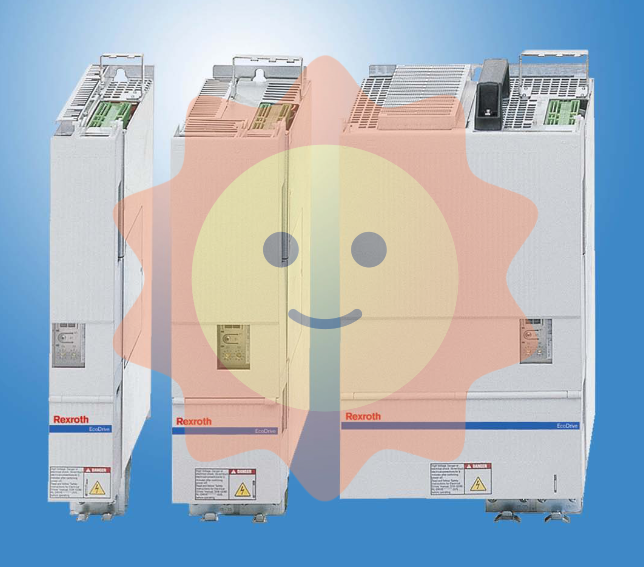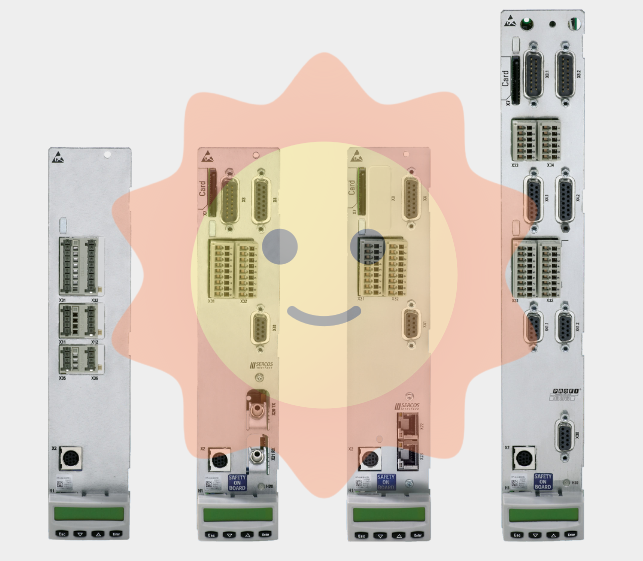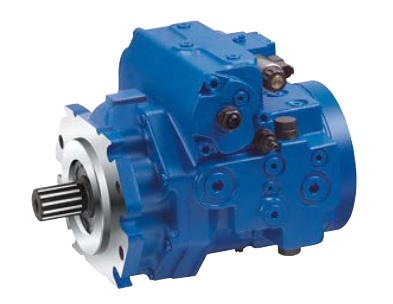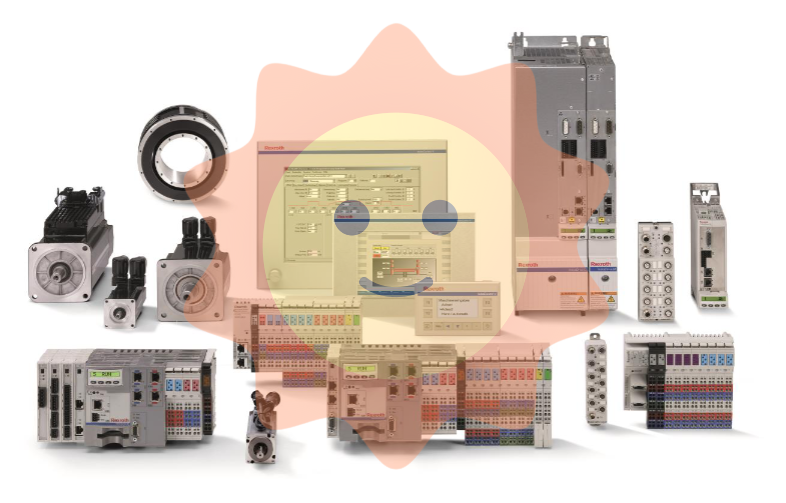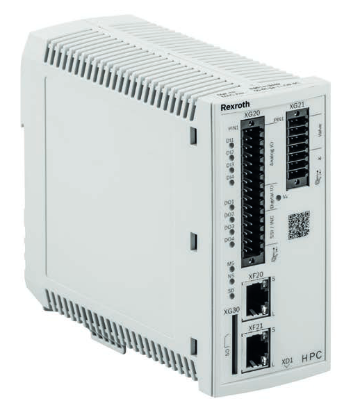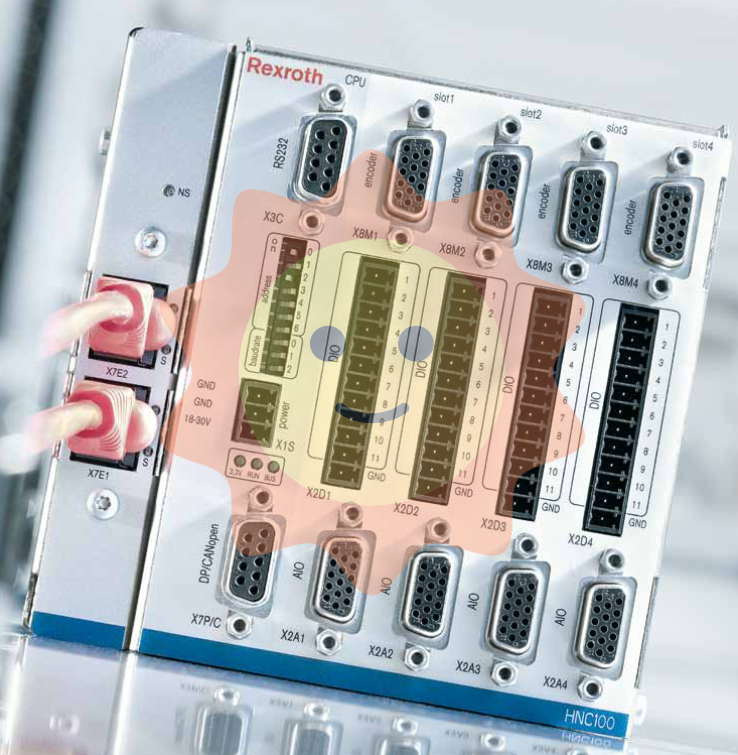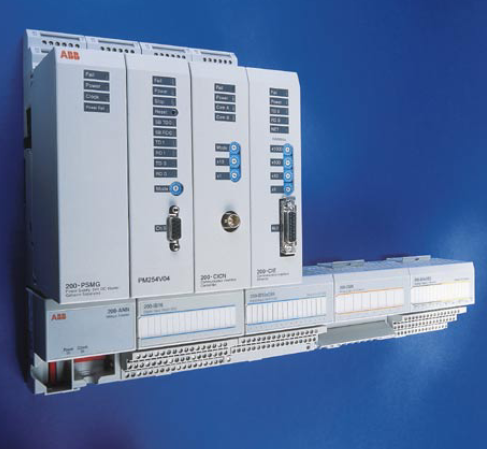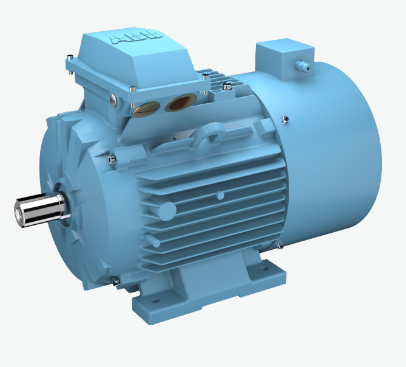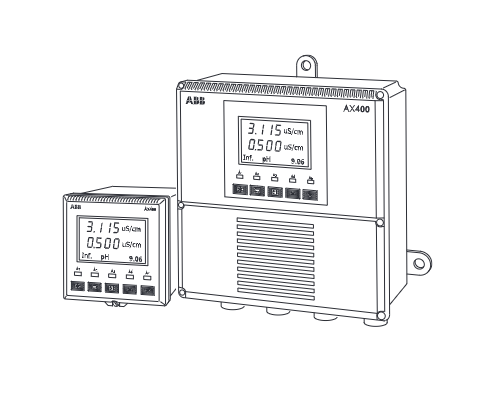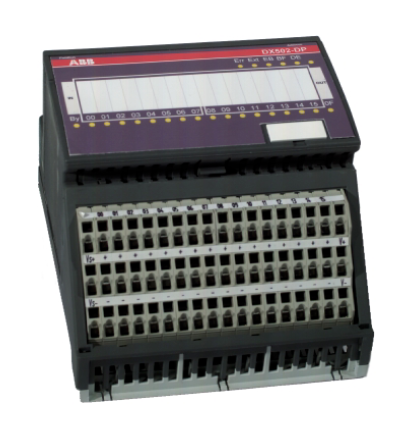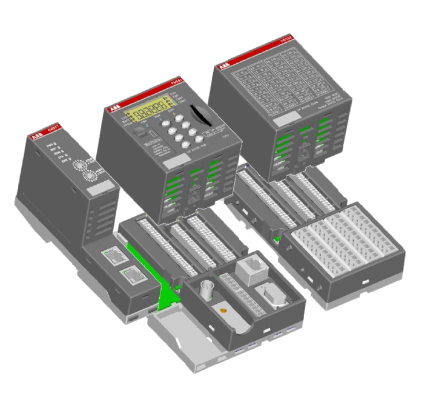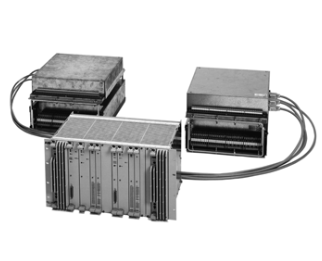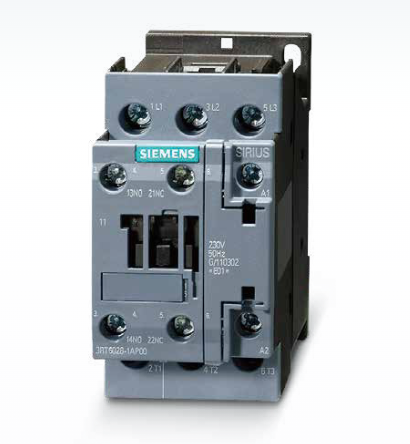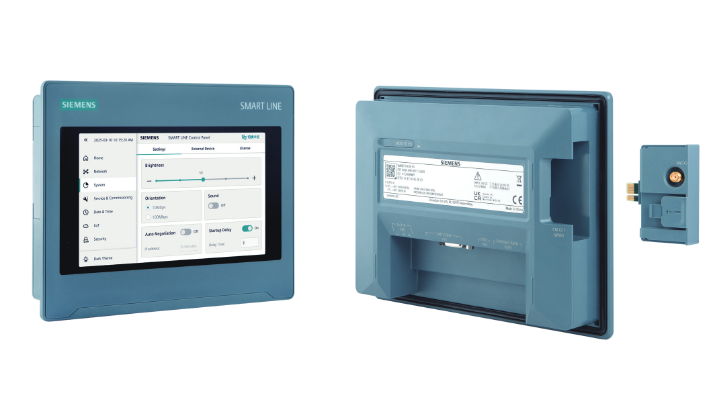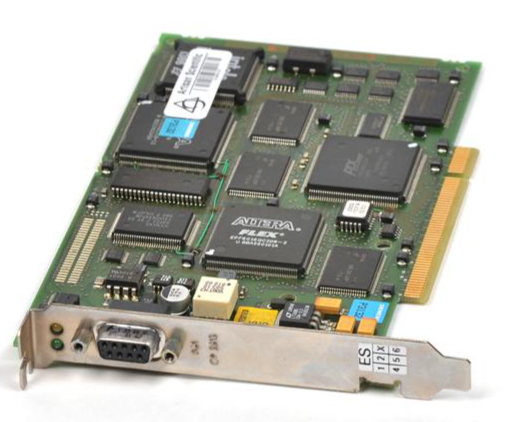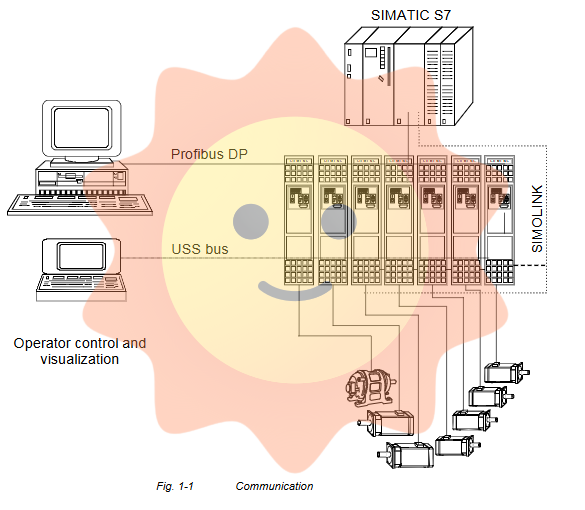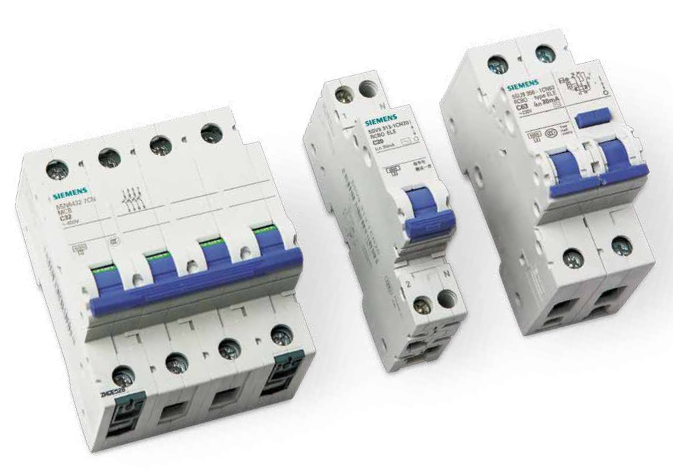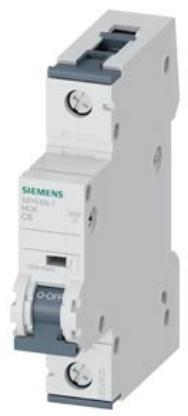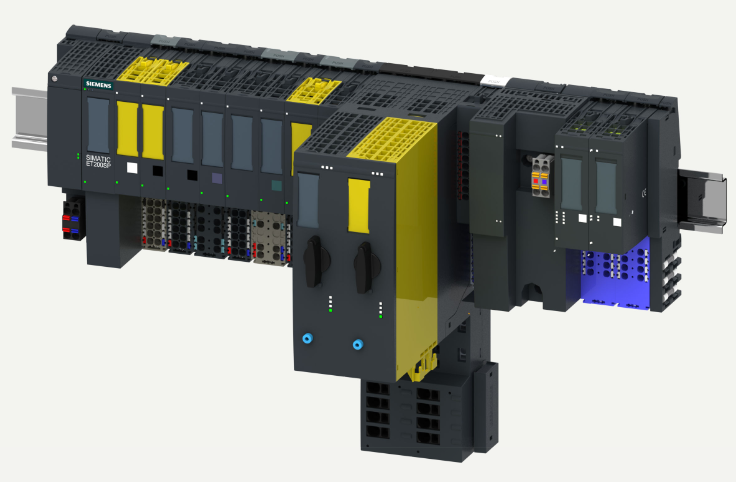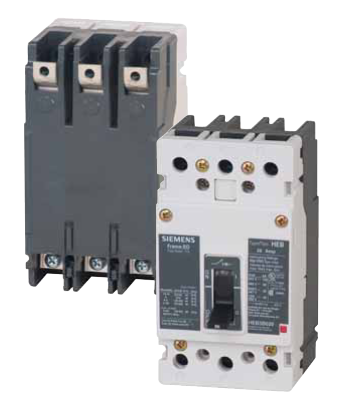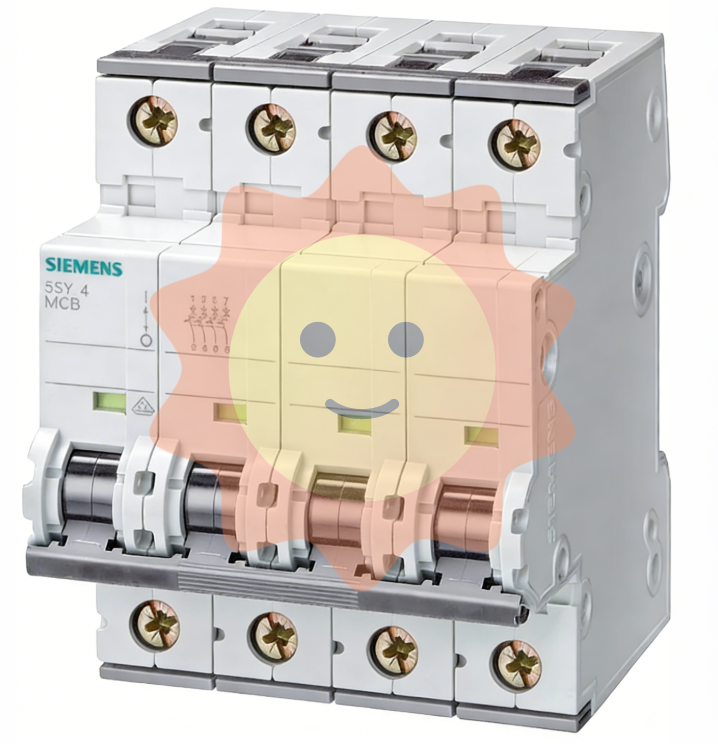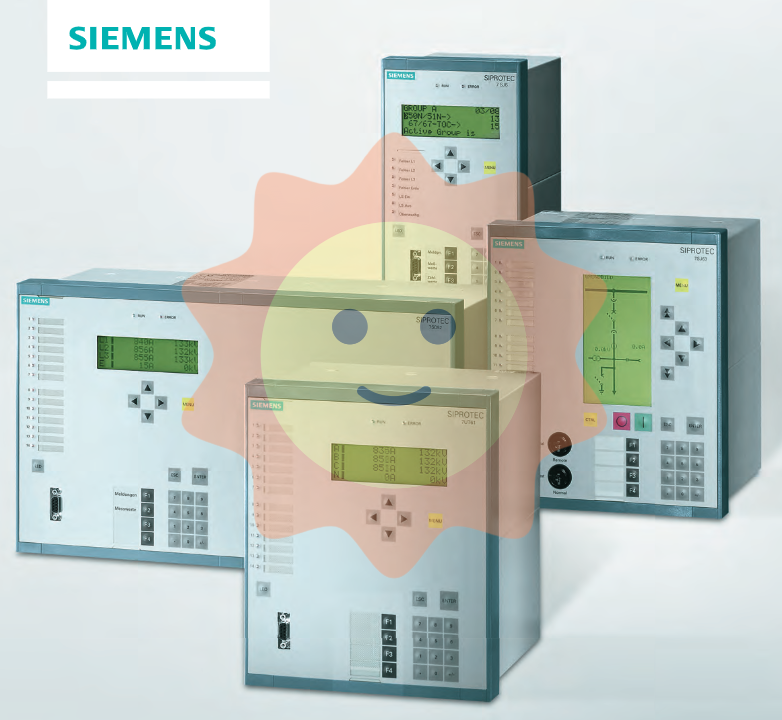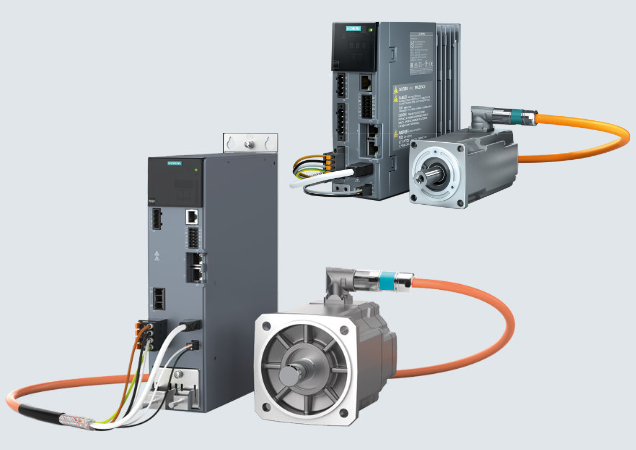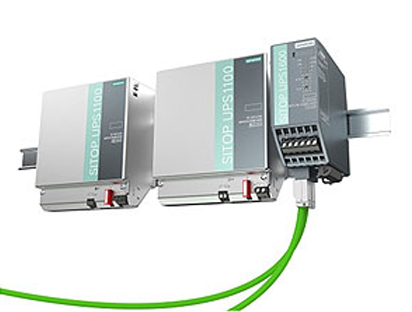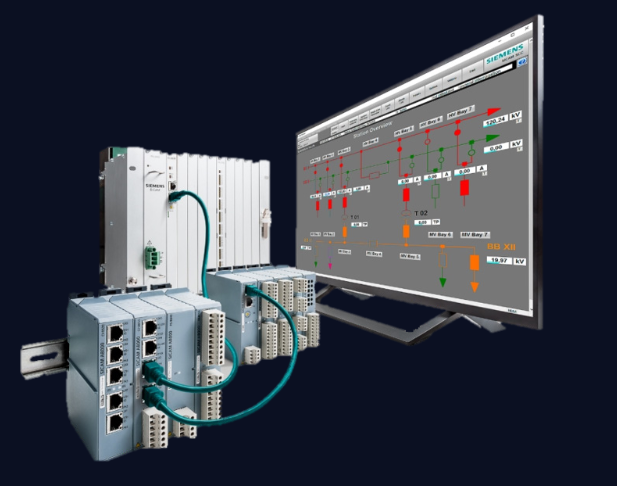The FBM02 module is an important component of the FOXBORO I/A Series distributed control system (DCS). Its core function is to isolate, amplify, filter, and A/D convert the thermoelectric potential signals (usually millivolts) output by on-site thermocouples or MV signals directly output by other devices, convert analog signals into digital signals, and upload them to the controller for data acquisition and real-time monitoring. Its core positioning is "high-precision signal bridge", which solves the problems of weak signals being easily interfered with and large transmission losses on site, ensuring the accuracy and stability of process parameter acquisition.
FOXBORO FBM02 thermocouple/MV input module
Module core positioning and functions
The FBM02 module is an important component of the FOXBORO I/A Series distributed control system (DCS). Its core function is to isolate, amplify, filter, and A/D convert the thermoelectric potential signals (usually millivolts) output by on-site thermocouples or MV signals directly output by other devices, convert analog signals into digital signals, and upload them to the controller for data acquisition and real-time monitoring. Its core positioning is "high-precision signal bridge", which solves the problems of weak signals being easily interfered with and large transmission losses on site, ensuring the accuracy and stability of process parameter acquisition.
Specific functions include:
-Multi type signal compatibility: Supports multiple international standard thermocouple signals such as J, K, T, E, R, S, B, etc., and is also compatible with millivolt signals in the range of 0-10mV, 0-50mV, etc., to meet the sensor requirements of different scenarios.
-Signal isolation protection: The module is designed with inter channel isolation and isolation between the module and the system bus, effectively suppressing electromagnetic interference (EMI) and ground loop interference in industrial sites, and avoiding measurement errors caused by signal crosstalk.
-Cold end compensation function: In response to the characteristic of compensating for changes in cold end temperature in thermocouple temperature measurement, the module is equipped with a high-precision cold end compensation circuit, which automatically corrects the impact of environmental temperature fluctuations on measurement results and improves temperature measurement accuracy.
-Fault diagnosis and alarm: It has fault diagnosis functions such as open circuit detection and signal over range detection. When the thermocouple is disconnected or the signal is abnormal, it can provide real-time feedback of alarm information to the controller, which is convenient for operation and maintenance personnel to quickly troubleshoot the problem.
Key technical parameters
Technical parameters are the core manifestation of module performance, directly determining its applicable industrial scenarios and measurement accuracy. The following are the key parameters of the FBM02 module (specific to the official manual):
1. Input signal specifications
-Thermocouple type: compatible with commonly used types such as J, K, T, E, R, S, B, N, etc., supporting user-defined thermocouple types.
-MV signal range: Standard supports 0-10mV, 0-50mV, and some models can be extended to bidirectional signals of -10mV~+10mV, -50mV~+50mV.
-Number of input channels: usually 8 or 16 channels (with slight differences in specific models), channels are independently collected and do not interfere with each other.
2. Measurement accuracy and resolution
-Accuracy level: ± 0.1% FS (full range), temperature measurement accuracy for thermocouple signals can reach ± 0.5 ℃ (within the commonly used temperature range of 200-1000 ℃).
-Resolution: The A/D conversion accuracy is 16 bits, and the MV signal resolution can reach 0.1 μ V, ensuring accurate capture of weak signals.
-Cold end compensation accuracy: ± 0.3 ℃ (within the range of 0-60 ℃ ambient temperature), compensation range is usually -20 ℃~+80 ℃.
3. Electrical and environmental characteristics
-Isolation voltage: Channel isolation ≥ 500V DC, module and bus isolation ≥ 1000V DC, in compliance with industrial grade isolation standards.
-Power supply: usually 24V DC (± 10% fluctuation allowed), low power consumption, single module power consumption ≤ 5W, suitable for high-density installation.
-Working environment: temperature -40 ℃~+70 ℃, humidity 5%~95% (no condensation), suitable for harsh industrial environments such as high temperature and high humidity.
-Electromagnetic compatibility: Complies with the IEC 61000-4 series standards, with strong anti surge and anti-static capabilities, ensuring stable operation in complex electromagnetic environments.
4. Communication and Interface
-Communication bus: FBM bus compatible with FOXBORO I/A Series system, supports high-speed data transmission, and has a communication delay of ≤ 10ms with the controller.
-Physical interface: using standard industrial terminal blocks, convenient wiring, supporting screw fastening or spring crimping methods, reliable contact.
Applicable scenarios and typical applications
The FBM02 module, with its precise acquisition capability for weak signals and strong anti-interference characteristics, is widely used in various industrial fields that require temperature and millivolt level signal measurement. Typical scenarios include:
1. Chemical and petrochemical industry: used for temperature monitoring of equipment such as reaction vessels and distillation towers. By connecting K-type and E-type thermocouples, real-time temperature inside the equipment is collected to provide data support for reaction process control and ensure stable production processes.
2. Power industry: Suitable for measuring key parts such as boiler furnace temperature and turbine bearing temperature, using R-type or S-type thermocouples combined with FBM02 module to achieve accurate temperature measurement in high temperature environments and ensure the safe operation of power generation equipment.
3. Metallurgical industry: In the process of steel and non-ferrous metal smelting, it is used for temperature collection in blast furnaces and converters. The high-resolution feature of the module can capture subtle temperature changes, help optimize smelting processes, and improve product quality.
4. Food and pharmaceutical industry: used for temperature monitoring of sterilization equipment and fermentation tanks. The high stability and fault alarm function of the module can meet the strict requirements of the industry for traceability and safety of the production process.
5. Other industrial scenarios: It can also be used for signal acquisition of equipment such as pressure transmitters (partially outputting millivolt signals) and liquid level sensors, achieving indirect measurement of parameters such as pressure and liquid level.
Advantages of module usage
Compared to ordinary input modules, FBM02 module exhibits significant advantages in industrial applications, mainly reflected in the following aspects:
-High reliability: Adopting industrial grade components and redundant design, the mean time between failures (MTBF) exceeds 100000 hours, adapting to the industrial demand for continuous production and reducing downtime risks.
-Strong usability: Supports parameter configuration (such as thermocouple type, range, alarm threshold, etc.) through the engineer station of FOXBORO I/A Series system, without the need for manual adjustment on site, making configuration flexible and convenient.
-Convenient maintenance: The module adopts a plug-in structure and supports hot plugging function. Module replacement can be completed without shutting down the system, reducing maintenance time and production losses; At the same time, the fault diagnosis function can quickly locate the problem channel and improve operation and maintenance efficiency.
-Good system compatibility: As a dedicated module for FOXBORO I/A Series DCS, it is seamlessly compatible with system controllers, human-machine interfaces, and other components, with stable data transmission and no need for additional adaptation equipment.
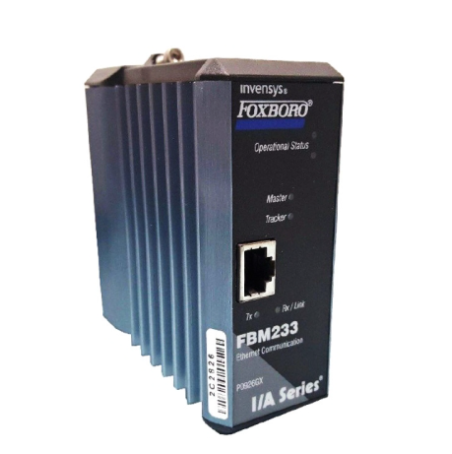
- User name Member Level Quantity Specification Purchase Date
- Satisfaction :
-











